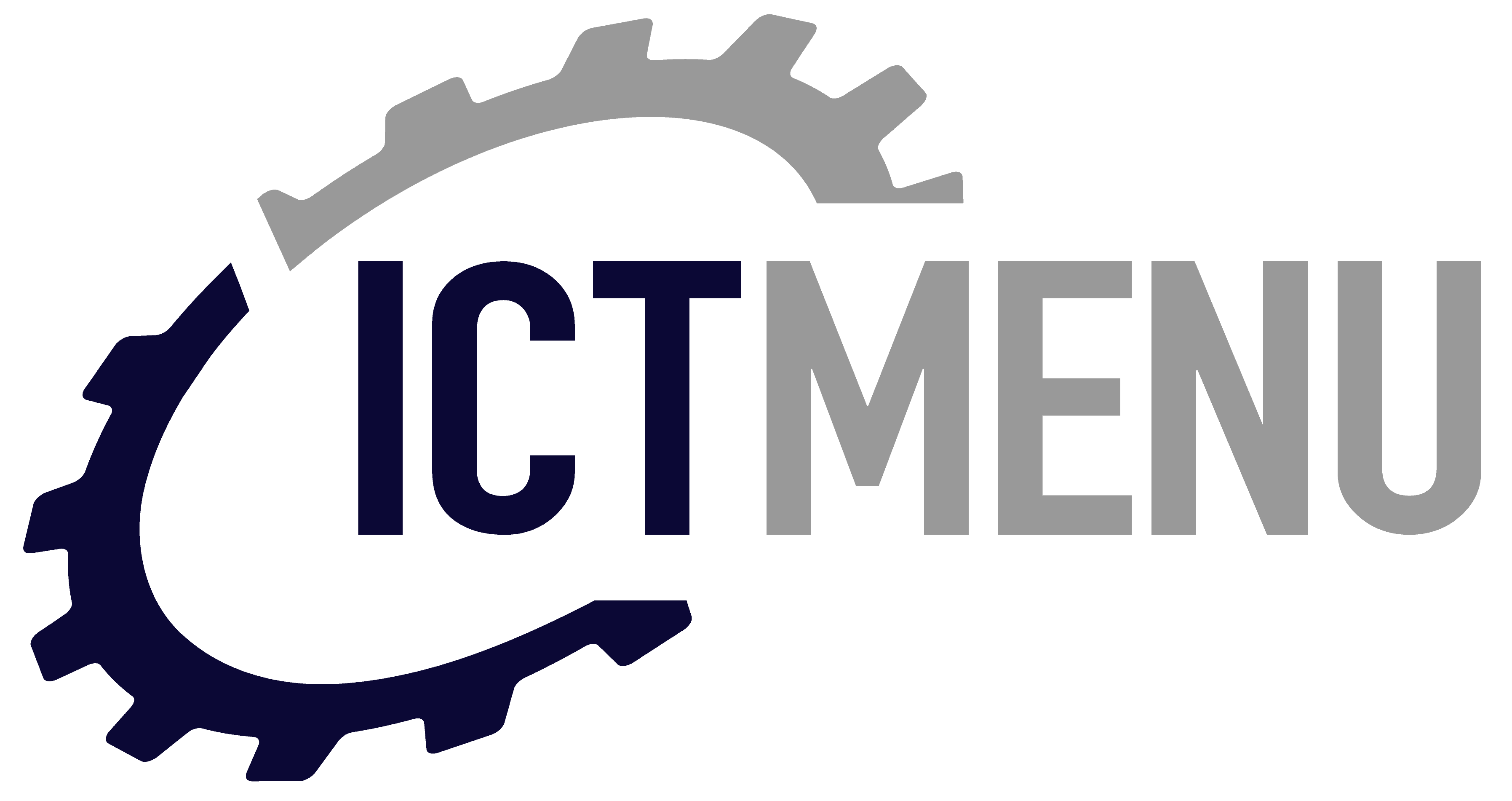BCcampus OpenEd offers a unique solution for affordable and accessible education by providing open textbooks. With the rising cost of traditional textbooks, open educational resources from BCcampus enable students, educators, and the public to freely use, adapt, and share quality materials. This initiative reduces education costs while promoting lifelong learning and academic collaboration. Discover how BCcampus OpenEd transforms education with cost-effective, adaptable resources.
Understanding Open Textbooks
BCcampus OpenEd has emerged as a transformative force in the realm of education, offering open textbooks as a compelling alternative to traditional educational resources. These textbooks, under the umbrella of the open educational resources movement, have unlocked new possibilities by providing education that is both affordable and accessible. By distributing open textbooks in various formats, such as ebooks and audio, BCcampus OpenEd ensures that the cost barrier for students is significantly minimized. This accessibility not only makes education more attainable but also allows students to choose the format that best suits their learning style and needs.
One of the standout advantages of open textbooks is their affordability, allowing students to access high-quality educational materials without the financial burden. Beyond cost, these resources foster a culture of collaboration and adaptation among educators and learners. Open textbooks can be continuously updated, customized, and improved by educators to better fit specific course objectives or learning environments. This adaptability enables a more personalized approach to education, where learning materials can evolve alongside the educational landscape.
Moreover, BCcampus OpenEd supports a collaborative online community where educators can share their adaptations and innovations, sparking further creativity and dialogue. Such collaboration amplifies the educational experience, aligning with the goals of the open educational resources movement to enhance learning and teaching practices.
As we delve deeper into the dynamics of open educational resources, understanding “The Power of Open Licenses” becomes essential to harnessing the full potential of these free and flexible materials.
The Power of Open Licenses
BCcampus OpenEd stands as a remarkable exemplar of how open licenses can transform the educational landscape by unleashing the potential of open textbooks. These licenses, including Creative Commons and GNU Free Documentation, grant users the freedom to use, adapt, and distribute educational materials, ensuring that knowledge is both accessible and adaptable. With open licenses, BCcampus OpenEd unlocks the door to a world where educational resources can be continuously improved, fostering a dynamic and collaborative learning environment.
The flexibility that such licenses provide is crucial for educators seeking to personalize content to fit diverse learning contexts. By permitting modifications, instructors can tailor materials to better meet the unique needs of their students, creating opportunities for richer learning experiences. This adaptability promotes not only resource sharing but also innovation, as educators can incorporate the latest research and pedagogical strategies into the textbooks. Thus, BCcampus OpenEd not only enhances resource accessibility but also fuels systematic educational progression.
Moreover, these open licenses encourage the expansion of educational content across various disciplines, breaking down barriers to entry for institutions and individuals looking to contribute to and benefit from collaborative educational communities. This fosters a culture of mutual growth and shared knowledge that is crucial for societal advancement.
As educators explore the potential of adapting resources to enhance learning, the next logical step is to consider the broader economic implications of this transformation. By diving into the cost-saving benefits for students, we can uncover how BCcampus OpenEd not only enriches the academic experience but also alleviates the financial burden of education.
Cost-Saving Benefits for Students
BCcampus OpenEd is at the forefront of transforming the educational landscape by offering open textbooks that significantly alleviate the financial burden on students. As textbook prices have reached astronomical levels, the cost-efficiency of open educational resources, like those provided by BCcampus OpenEd, offers a reprieve to students struggling to manage educational expenses. Studies have shown that students can experience savings of up to 80% when they opt for open textbooks over traditional ones. This tangible financial relief is particularly impactful in higher education, where the costs of learning materials can be a barrier to access.
By integrating open textbooks into their resources, states and provinces are not only cutting costs but also promoting equitable access to learning. Open educational resources ensure that every student, regardless of their financial background, can access the necessary material without extra burden. This democratization of educational resources aligns with the broader mission of making education accessible and affordable for all. As more institutions adopt BCcampus OpenEd materials, they foster an inclusive educational environment where all students receive the support they need to succeed.
With the increasing institutional support and streamlined processes for implementing open textbooks, educational entities are gradually embracing these innovations. This chapter naturally leads into a discussion on how institutions can support and implement these transformative resources to further benefit their students and faculty, highlighting the vital role they play in this educational evolution.
Institutional Support and Implementation
BCcampus OpenEd provides a vital platform for institutions seeking to adopt open textbooks, a move that significantly reduces costs while enhancing educational outcomes. Universities and colleges increasingly recognize the value of tailoring educational materials to align with specific course objectives. By implementing open educational resources through BCcampus OpenEd, institutions can ensure their teaching materials reflect the unique goals and curricula of each program. One notable case study involves a collaborative initiative by a Canadian university where faculty members adapted various open textbooks to better meet their pedagogical needs, resulting in improved student engagement and learning outcomes.
Aligning with institutional goals and curricula is crucial for successful adoption. By selecting and customizing open textbooks, institutions can ensure content is directly relevant to the courses offered, thus maintaining consistency and coherence in teaching. Moreover, BCcampus OpenEd supports academic freedom and creativity by encouraging educators to adapt content, enabling them to incorporate local examples or cutting-edge research into the material. This flexibility not only enhances the relevance of the resources but also empowers instructors to design courses that inspire innovative thinking.
While the transition to open educational resources presents numerous advantages, it requires strategic planning and institutional support to address potential challenges. By understanding the successes and methodologies of previous implementations, institutions can better navigate these considerations, setting the stage for a discussion on potential challenges and considerations associated with open educational resources.
Challenges and Considerations
BCcampus OpenEd offers a unique opportunity to revolutionize educational resources, but the transition to open textbooks does present certain challenges. Ensuring quality and consistency across materials is a key concern for educators. This is where the importance of peer reviews comes into play. By leveraging a system of rigorous peer evaluation, BCcampus OpenEd can maintain high academic standards and reassure institutions about the quality of their educational resources. Peer reviews provide a mechanism for feedback and improvement, ensuring that open textbooks meet the educational goals of diverse curricula.
Involving communities in content development is another strategy that BCcampus OpenEd employs to overcome hurdles in open education. Community contributions add immense value, bringing varied perspectives and expertise to the table. This approach not only enriches the content but also aids in keeping educational materials updated and relevant. Engaging educators, students, and subject matter experts in collaborative content creation ensures that the resources are not only accurate but also innovative and adaptable to changing educational needs.
Addressing quality concerns through peer reviews and involving communities in content development fosters a collaborative atmosphere that enhances the integrity and usability of open educational resources. As institutions navigate these challenges with support from BCcampus OpenEd, the foundation is set for a promising future in open education. By embracing these strategies, educators and institutions pave the way for a transformative educational landscape, leading seamlessly into discussions about the future of open education.
The Future of Open Education
BCcampus OpenEd stands at the forefront of the evolving open education movement, harmonizing technology and collaboration. As challenges and considerations are tackled, the potential for transformative educational models grows exponentially. BCcampus Open Ed, alongside other pioneering platforms, is poised to embrace technological advancements that will redefine learning materials. Future iterations of open textbooks may incorporate virtual and augmented reality features, offering students immersive, interactive experiences that transcend traditional learning.
Envision an educational landscape where geography or economic status does not limit access. BCcampus OpenEd is preparing for a borderless educational landscape by fostering platforms that encourage international collaborations. Collaborative projects can unite students and educators worldwide, creating a truly global classroom. This evolution is supported by cloud-based technologies that allow seamless sharing and updating of educational content, ensuring learners receive the most current and relevant information.
The future of open education also embraces adaptive learning technologies, tailored to individual student needs and preferences, fostering personalized learning paths. Such developments will be integral in crafting engaging and efficient educational journeys that cater to diverse learning styles and paces.
BCcampus OpenEd is committed to diversity and inclusivity, ensuring that as technology evolves, all students have access to quality resources. By breaking down barriers and utilizing these advancements, BCcampus Open Ed exemplifies the boundless future of open education, where learning is not constrained by traditional limits but instead thrives in an innovative and universally accessible environment. As we move forward, platforms like BCcampus OpenEd will be crucial in realizing a future where learning is truly limitless.

